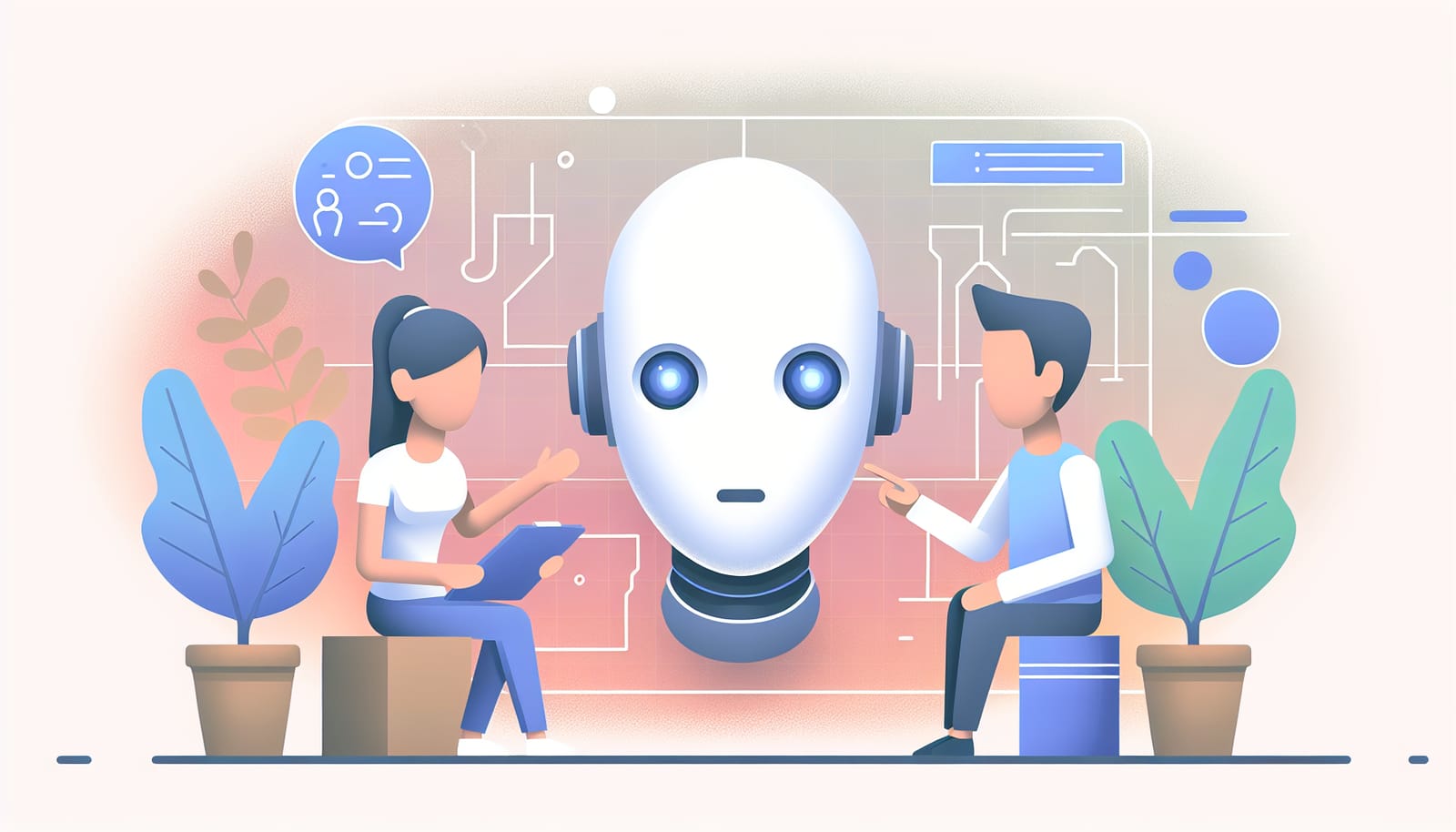Artificial Intelligence (AI) is often portrayed as a magical tool capable of answering any question with absolute certainty. This myth can lead many to believe that AI can tell the "whole truth" online. But is that really the case? In this article, we will explore the limitations of AI and why it's crucial to approach its outputs with a healthy dose of skepticism. Get ready to dive deep into the fascinating world of AI and uncover the truth behind this common misconception!
What is AI and How Does It Work?
Before we can understand the myth, we first need to grasp what AI is. At its core, AI refers to computer systems designed to mimic human intelligence. This includes the ability to learn, reason, and make decisions. AI can analyze vast amounts of data, recognize patterns, and even generate text, images, or sounds based on the information it has processed.
However, AI does not possess consciousness or understanding. It operates based on algorithms and datasets, meaning it can only provide information that it has been trained on. Essentially, AI is like a very advanced calculator: it can process figures quickly, but it doesn't "know" what the numbers mean in the same way a person does.
[tips[ Did you know that AI can help you learn a new language? Apps like Duolingo use AI to tailor lessons to your progress and learning style! ]tips]
The Limitations of AI: Why It Can't Tell the Whole Truth
While AI can process data at incredible speeds, there are several reasons it cannot tell the whole truth:
Data Dependency: AI's output is only as good as the data it is trained on. If the dataset contains inaccuracies or biases, the AI will reflect those flaws in its responses. For example, if an AI is trained on biased news articles, it might inadvertently promote that bias in its answers.
Lack of Context: AI does not understand context in the same way humans do. For instance, if you ask an AI about a "bat," it may not distinguish whether you mean the flying mammal or the sports equipment. This lack of nuance can lead to misunderstandings and incomplete truths.
Static Knowledge: AI systems typically rely on historical data, which means they may not be up to date with the latest developments or facts. Information can change rapidly, and AI may not have access to real-time data.
Interpretation Issues: AI lacks the ability to interpret emotions, intentions, or cultural nuances that are often essential for understanding complex subjects. This can lead to responses that are technically accurate but lack depth or sensitivity.
Understanding these limitations is vital. Just because an AI provides an answer doesn't mean that answer is definitive or unbiased.
The Role of Human Oversight in AI
Given the limitations of AI, it's essential to have human oversight when interpreting its outputs. Humans bring context, critical thinking, and emotional intelligence to the table—qualities that AI simply cannot replicate.
For example, in fields like medicine, AI can assist doctors in diagnosing diseases by analyzing medical images. However, a doctor must interpret the results, considering the patient's history, lifestyle, and symptoms. This partnership between AI and human expertise can lead to better outcomes than either could achieve alone.
[tips[ You can use AI to help organize your tasks! Tools like Todoist leverage AI to prioritize tasks and suggest the best times to complete them. ]tips]
The Importance of Critical Thinking
As we navigate an increasingly AI-driven world, developing critical thinking skills becomes paramount. It’s easy to take information at face value, especially when presented with the polished responses of AI. However, we must question the source, context, and potential biases behind the information.
Here are some questions you can ask when evaluating AI-generated content:
- Who created the AI? Understanding the organization or individuals behind the AI can provide insight into its reliability.
- What data was used to train the AI? Knowing the sources of information can help you assess potential biases or gaps.
- Is the information current? Verify if the AI's responses are based on the latest data or research.
By cultivating a mindset of inquiry, we can better navigate the vast ocean of information that AI provides.
The Future of AI: A Collaborative Approach
The future of AI is not about replacing humans but enhancing our capabilities. As AI technology continues to evolve, it will play an increasingly pivotal role in various sectors, from healthcare to education and beyond. However, for this partnership to be effective, we must maintain a healthy balance of trust and skepticism.
Imagine a future where AI assists us in solving complex problems—like climate change or disease eradication—while still relying on human creativity and empathy to guide our decisions. This collaborative approach can lead to remarkable advancements while ensuring we remain grounded in reality.
[tips[ AI can help you create art! Programs like DALL-E generate images based on text prompts, allowing anyone to unleash their creativity. ]tips]
Conclusion: Embracing the Truth About AI
In conclusion, while AI is an incredible tool that can provide valuable information and insights, it is not infallible. The myth that AI can tell the whole truth online overlooks the complexities of data, context, and interpretation. As users of AI, we must embrace our role in this partnership by applying critical thinking and human experience to its outputs.
By understanding AI's capabilities and limitations, we can harness its power responsibly and effectively. The next time you encounter an AI-generated response, take a moment to reflect on the underlying factors that shape that information. With this approach, we can unlock the true potential of AI while staying grounded in the reality of human experience.
So, the next time someone tells you that AI can tell the whole truth online, remember: it’s our job to seek the truth, not just accept it at face value. Together, we can navigate the fascinating and ever-evolving landscape of AI with curiosity, critical thinking, and a commitment to understanding.
Happy exploring!


